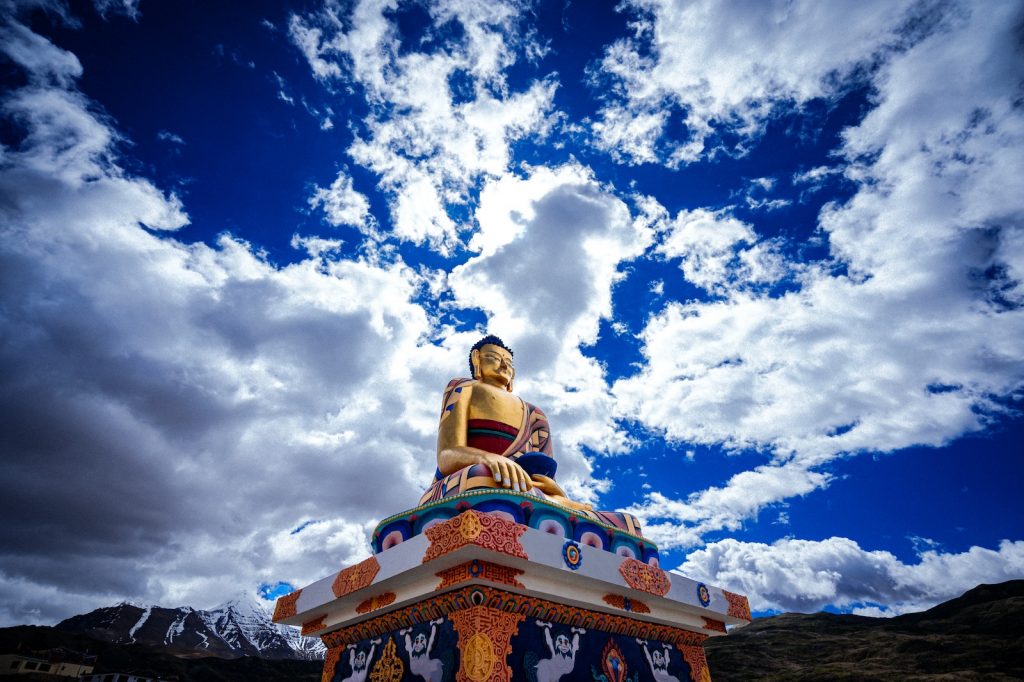What Does Boundlessness Mean?
When practicing the four boundless states, also known as the brahma-viharas, the focus on openness in our hearts and relationships is key. The post What Does Boundlessness Mean? appeared first on Tricycle: The Buddhist Review.

Teachings Meditation Month 2024
When practicing the four boundless states, also known as the brahma-viharas, the focus on openness in our hearts and relationships is key.
By Scott Tusa Dec 31, 2023 Photo by Soham Nandi on Unsplash
Photo by Soham Nandi on UnsplashIn the Buddhist tradition, there are four boundless states, which go by a number of names. Some of you may know them as the four immeasurables, or some as the brahma-viharas. Nonetheless, these are four practices that we can work with in order to not only open our hearts more fully to ourselves and others, but also to start to train in being openness. It’s this second aspect that’s encapsulated in the word boundless. That’s because boundless implies an attitude of how we hold ourselves in the world as well as how we act in interconnection with others, but it also recognizes a sense of peace and freedom that we can access through these practices—through actually learning to be boundless.
When we approach these boundless states as practices, we start with boundless equanimity, because without [it], there’s a risk that the other three boundless states—lovingkindness, compassion, and joyfulness—will become biased. The way we practice [these states] gets affected by how we practice boundless equanimity.
Of course, there’s nothing wrong with you or me for holding these biases. These are natural human responses. But from a Buddhist path perspective, they’re something that we can transform. And we can transform them because right now, they’re limiting us.
Part of the term “boundless” means becoming unlimited. Boundlessness is practicing and transforming ourselves, so we become more unlimited in our relationships.
If we really reflect on what it feels like to have a closed heart, it means we’re cutting off some kind of connection to ourselves or another. Of course, we’re all going to have difficulties with ourselves or another. This is a natural part of life. But the four boundless states on the Buddhist path offer us another way—another way to work in the world.
Excerpted and adapted from Scott Tusa’s Meditation Month video, Cultivating Boundless Equanimity. Watch the full video here and learn more about Meditation Month here.
![]()
Thank you for subscribing to Tricycle! As a nonprofit, we depend on readers like you to keep Buddhist teachings and practices widely available.
This article is only for Subscribers!
Subscribe now to read this article and get immediate access to everything else.
Already a subscriber? Log in.

 ValVades
ValVades 

































